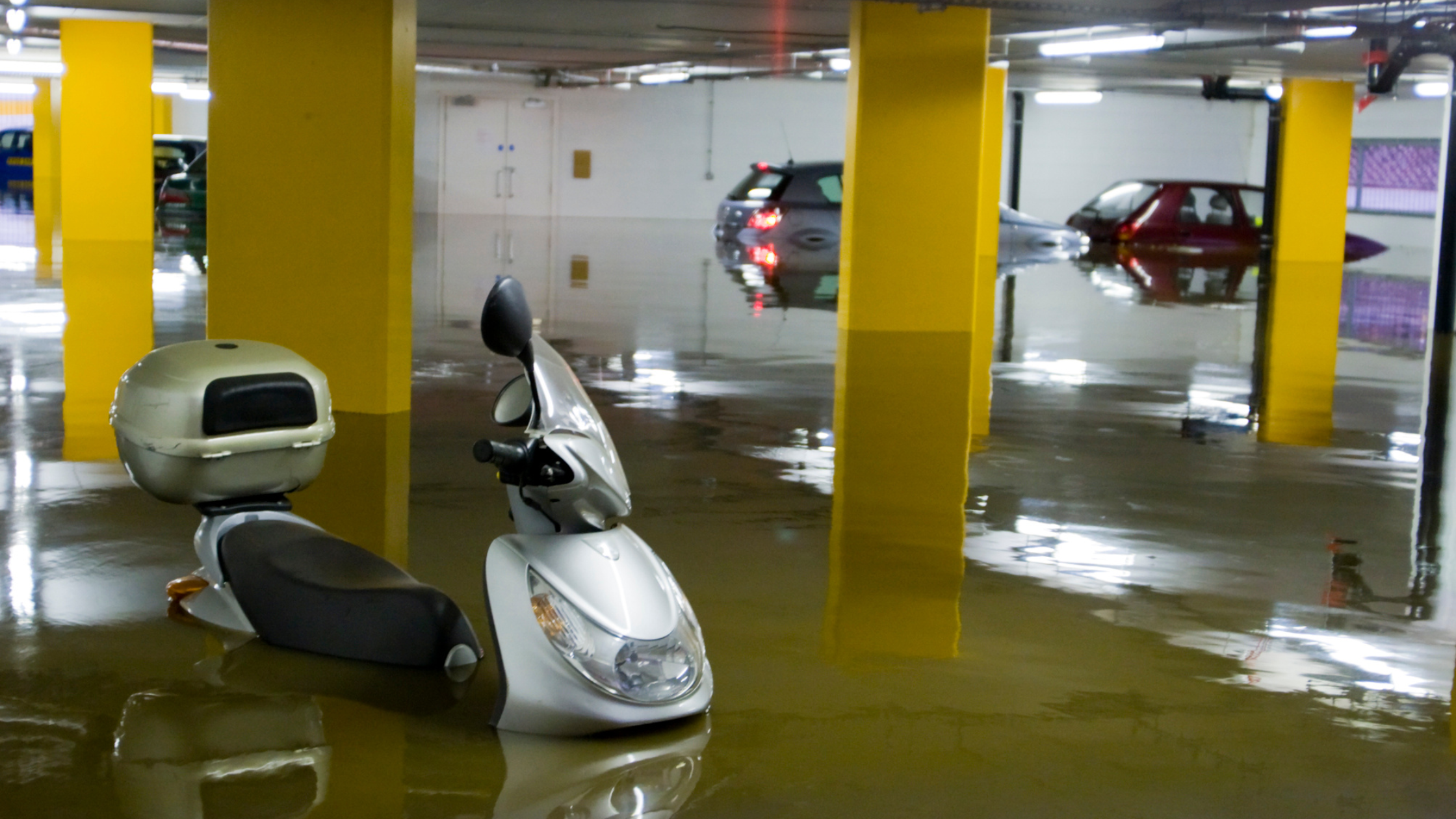Extreme weather events are no longer a "freak of nature" or a "once in a hundred years storm" and happen with alarming regularity.
The impact affects people in every region of the country, threatening lives and livelihoods and damaging infrastructure, ecosystems, and social systems. The last few years have seen climate-related, record-breaking weather extremes; increased droughts, flooding, and wildfire; increasing surface, atmospheric, and oceanic temperatures; melting glaciers; diminishing snow cover; shrinking sea ice; rising sea levels; ocean acidification; and increasing atmospheric water vapor.
While some pundits continue to debate climate change's effects and even its existence, others take a more pragmatic approach. There's a shift in mindset to climate adaptation, which means taking action to prepare for and adjust to both the current and projected impacts of severe weather on communities. It means taking action to prepare for and adapt to both existing and projected events.
Where do you start? First, you need to measure the extent of a problem to improve it. Digital monitoring of combined sewer overflow (CSO) events provides actionable insights to make forward planning easier. Click the link below to begin your digital transformation.


